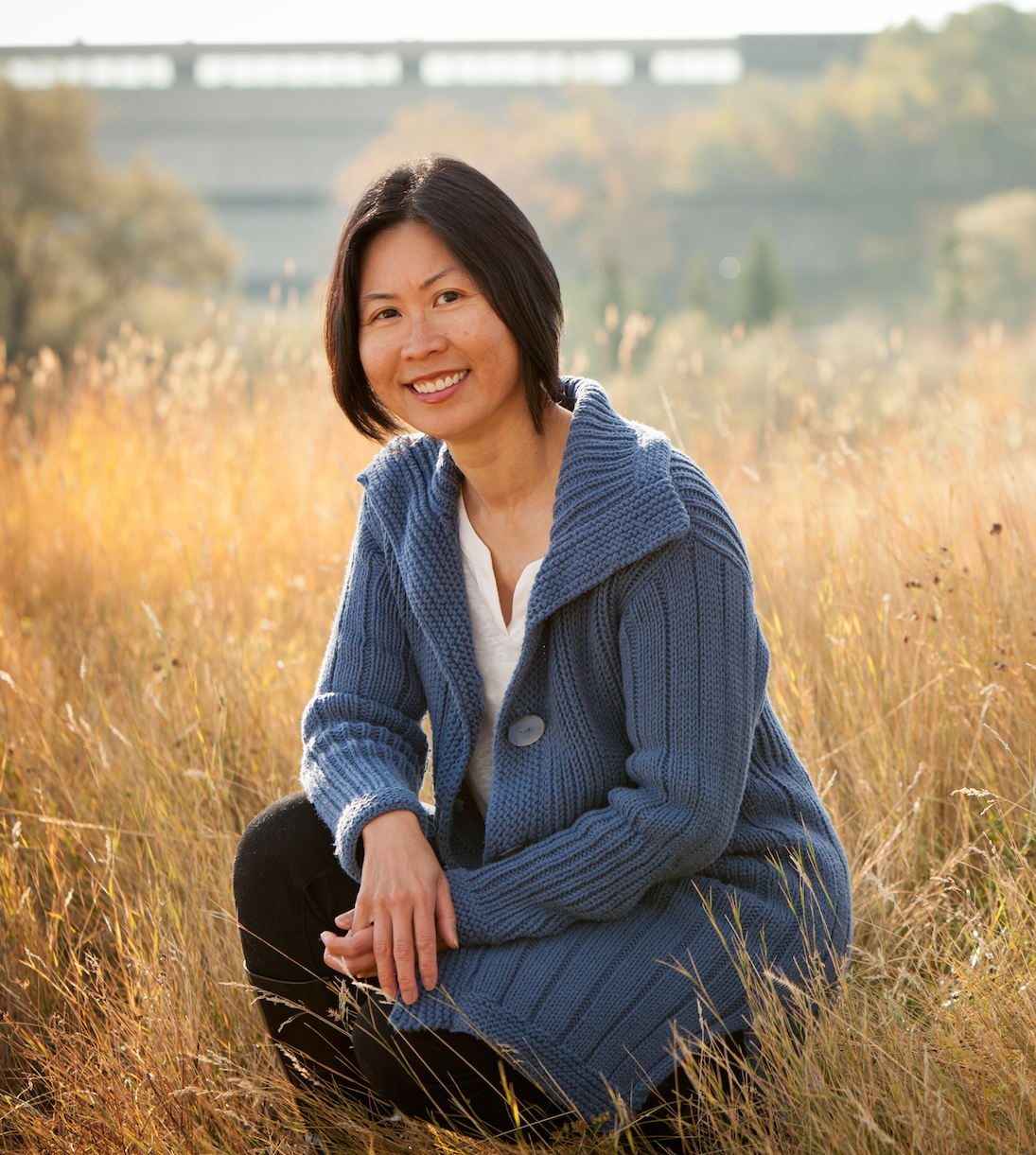For Dr. Brenda Leung, getting sick as a child meant facing a somewhat daunting remedy: a foul-tasting, homemade herbal concoction prepared by her mother that was tough to swallow – but that ultimately did the trick.

“My mom would always brew these hideous teas, you know, noxious liquids, that I had to consume, but they always made me better,” Leung recalls.
That early introduction to traditional Chinese medicine not only helped treat Leung’s ailments, it ignited a lifelong interest in alternative health care and propelled her to study the field at university, train to become a naturopathic doctor (ND), and now, to be appointed the lead researcher and academic in this diverse and growing field at the University of Lethbridge.
Leung is the U of L’s new Faculty of Health Sciences Emmy Droog Chair in Complementary and Alternative Health Care. The $2 million endowed professorship is a first for the Faculty and is made possible through a $1 million gift from Alberta businessman Dr. Tom Droog (LLD í06), whose wife Emmy became an advocate for alternative health treatments during her three-year battle with cancer before succumbing to the disease in 2010.
“One of the main objectives of this five-year professorship is to create educational opportunities for health sciences students to integrate complementary and alternative medicine, or CAM, strategies and modalities into their practice,” says Dr. Chris Hosgood, dean of the Faculty of Health Sciences.
To that end, Leung is developing the University’s first courses on the subject that will be introduced in January 2015: Introduction to Complementary and Alternative Health Care, which will provide an overview of CAM therapies the public are using; and Evidence-Based Integrative Therapies, which will focus on the methodological rigour and scientific merit of therapies that have been more widely studied.
“Our graduates will see patients or clients already using some form of CAM, and who will come with questions about how they can incorporate CAM therapy into their current treatment. So I think it’s very important for graduates to have some base knowledge about what clients and patients may be using and how that may affect their care,” she says.
The position’s other priority is to establish an evidence-based research program that explores the issues and care practices associated with CAM. Leung’s plans in this area include supporting CAM practitioners to undertake research projects by mentoring and assisting with developing proposals, applying for grants and conducting studies. She also wants to establish the U of L as an international centre of study on CAM by developing partnerships with researchers in the field across Canada and worldwide. She continues to foster interdisciplinary collaborations with scientists from neuroscience, mental health, maternal and child health, and nutrition.
“I want to develop models and strategies, and determine how evidence from CAM research can be effectively implemented into health care,” Leung says. “We’re looking at the whole body, the mind/body connection, so in order for us to understand what’s going on, we need the experience and knowledge from different fields to get the big picture.”
When it comes to better understanding the approaches and benefits of holistic health care, Leung is more than up for the task. Her academic credentials include a PhD in epidemiology and an MSc in health research from the University of Calgary. She completed her ND at the Canadian College of Naturopathic Medicine. Prior to joining the U of L this past July, she was the director of research at the Boucher Institute of Naturopathic Medicine, had taught at the Canadian Institute of Traditional Chinese Medicine, and held various positions at the University of Calgary. She is currently a Research Fellow with the Australian Research Centre in Complementary and Integrative Medicine, University of Technology, Sydney. She has numerous research papers and presentations to her credit, and has received multiple research grants.
Leung’s passion for CAM is fuelled by her innate interest in holistic and personalized health care, and its proactive approach of improving overall health. She’s far from alone: a 2007 report by the Fraser Institute found that in 2006, 74 per cent of Canadians had reported using at least one alternative therapy at least once in their lives. Her goal is to raise the profile of CAM research and provide viable health-care options for the public.
“Health care should be about the person, not just the disease,” Leung says. “I think Canadians want more control over their health, and more input into how to address their care.”
